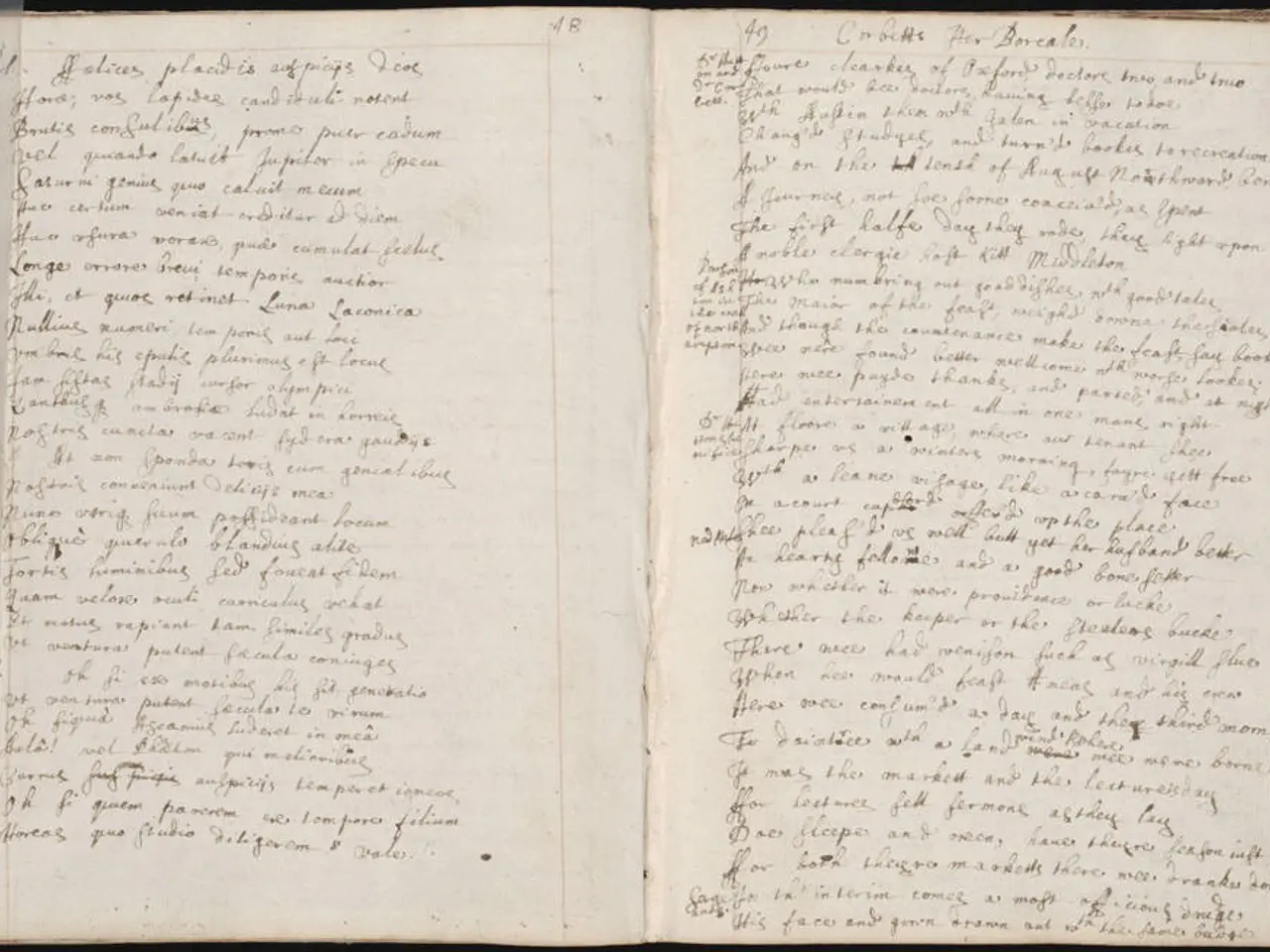Hobbes's Perceived World
In the realm of politics, the decline of ideologies that champion public service has led to a shift towards individual reward, as proposed by French political scientist Jean Guehenno. This transformation is evident in liberal democracies, where corruption has become a persistent issue.
Corruption convictions in these democracies can paradoxically undermine institutions. Political leaders, instead of reinforcing institutional credibility, may use these events to fuel personalistic and anti-establishment appeals, which contributes to weakening ideologies rooted in public service. This dynamic fosters a moral struggle between a "virtuous people" and a "corrupt elite," entrenching division rather than promoting governance based on public interest.
In contexts such as the United States, economic inequality, political polarization, and diminishing social cohesion have contributed to this political deterioration. This environment fuels distrust in political parties and government institutions, further eroding the traditional ideological value placed on public service and collective governance. Media fragmentation and the influence of special interest groups intensify polarization, driving politics away from consensus and toward competing partisan extremes that often prioritize self-interest over public good.
Anti-corruption efforts and rhetoric, while essential for democracy, face challenges when political actors enable or tolerate corrupt deals, undermining the ethos that elected officials serve the public. Calls for stronger anti-corruption laws and oversight illustrate how contemporary politics sometimes conflicts with longstanding public service values.
Broader democratic weakening is visible in cases where corruption is intertwined with authoritarian tendencies and diminished transparency, as seen in the Venezuela example under Hugo Chávez. There, corruption and elite privilege coexisted with efforts that masked institutional failures, highlighting how political corruption can erode democratic accountability and the public service ethos.
In a system called capitalism, competitiveness is a key mechanism for individual or collective accumulation. However, this system, like any other, is not immune to the corrosive effects of corruption. In fact, it can provide fertile ground for its growth, as the pursuit of individual gain can overshadow the commitment to the common good.
This phenomenon undermines democracy's foundational ideals and can contribute to democratic backsliding or the normalization of corrupt practices in the public sphere. It is crucial for democratic societies to address this issue head-on, to ensure that the principles of public service and the common good remain at the heart of governance.
Elsewhere, news from Argentina includes sanctions for people rummaging through trash in the city, and Argentine celebrities daring to perform intimate acts in unusual places. Meanwhile, Boca is preparing for the classic against Racing, promising an exciting event in the world of football.
[1] Kohut, A. (2017). The Politics of Anti-Corruption. Journal of Democracy, 28(3), 61-75. [2] Gilens, M., & Page, B. I. (2014). Testing Theories of American Politics: Elites, Interest Groups, and Average Citizens. Princeton University Press. [3] Shapiro, C. (2013). Corruption and its Discontents: The Unintended Consequences of Anti-Corruption Reform. Oxford University Press. [4] Ellner, S. (2006). Ruling the Void: The Hollowing-Out of Venezuelan Democracy. Duke University Press.
- The decline in public service ideologies, as seen in liberal democracies, has resulted in a rise of individual reward, similar to the shift observed in the realm of sports, where winning often takes precedence over teamwork and fair play.
- Just as political corruption undermines democratic accountability, as shown in examples like Venezuela, general-news stories about individuals prioritizing personal gain over public interest, such as Argentine celebrities performing intimate acts in unusual places, contribute to a growing sense of moral decay and social division.







